Recently, the integration of artificial intelligence (AI) into various industries has revolutionized processes and brought about significant advancements. One field that has seen substantial potential for AI implementation is charity and philanthropy. However, there are differing opinions regarding the use of AI in this context. This article will explore whether using artificial intelligence in charity makes sense and delve into the reasons behind the Coindot project’s decision to avoid AI.
The Role of Artificial Intelligence in Charity
Artificial intelligence has the potential to revolutionize the charitable sector by streamlining operations, enhancing donor engagement, and optimizing resource allocation. With its ability to process large volumes of data quickly, AI can help charities gain valuable insights, make data-driven decisions, and improve overall efficiency.
Advantages of Implementing AI in Charitable Organizations
Enhanced Donor Experience: AI-powered chatbots can provide personalized responses to donor inquiries, offer real-time support, and deliver customized messages, creating a seamless and engaging experience.
Improved Fundraising: AI algorithms can analyze donor behavior, preferences, and giving patterns to identify potential supporters, target fundraising campaigns effectively, and optimize donation strategies.
Efficient Resource Allocation: AI systems can analyze historical data, trends, and demographic information to allocate resources effectively, identify areas of high need, and optimize the distribution of funds and resources.
Fraud Detection and Prevention: AI algorithms can detect patterns and anomalies in financial transactions, helping charities identify fraudulent activities, safeguard donor funds, and maintain transparency.
Potential Concerns and Limitations
While the benefits of AI in charity are evident, there are valid concerns and limitations that must be addressed before widespread adoption.
Data Privacy and Security: The use of AI necessitates the collection and analysis of significant amounts of sensitive donor information. Ensuring robust data protection measures and addressing privacy concerns is crucial.
Ethical Considerations: AI systems may inadvertently reinforce existing biases or discriminate against certain groups. Careful design and oversight are necessary to prevent such ethical issues and ensure fairness and inclusivity.
Human Connection: Charitable organizations rely on the human element of empathy and compassion to connect with donors and recipients. Integrating AI should complement, not replace, human interactions to maintain the emotional aspect of charity.
The Coindot Project’s Perspective on AI
The Coindot project, despite the widespread adoption of AI in various sectors, has made a conscious decision to exclude AI from its operations. The project focuses on fostering personal connections, trust, and shared values within the charity space.
Reasons for Not Adopting AI in the Coindot Project
Human-Centric Approach: The Coindot project believes that charity should remain centered around human connections. They emphasize the importance of personal interactions, empathy, and understanding in creating meaningful impact.
Preserving Authenticity: Coindot aims to maintain the authenticity and transparency of their work. They believe that relying on AI might lead to a disconnect between the organization and its supporters, undermining the trust built through genuine relationships.
Avoiding Technological Dependence: By consciously avoiding AI, the Coindot project seeks to prevent overreliance on technology and instead promote sustainable solutions that empower individuals and communities.
However, he wants to use blockchain technology and smart contracts taking advantage of their transparency.
The decision of whether to use artificial intelligence in charity ultimately depends on the goals, values, and approach of each organization. While AI offers significant benefits such as enhanced efficiency and improved decision-making, it is essential to consider the potential drawbacks and ensure the preservation of human connections and core values. The Coindot project’s choice to exclude AI showcases their commitment to a human-centric approach and maintaining authenticity in the charitable sector.



